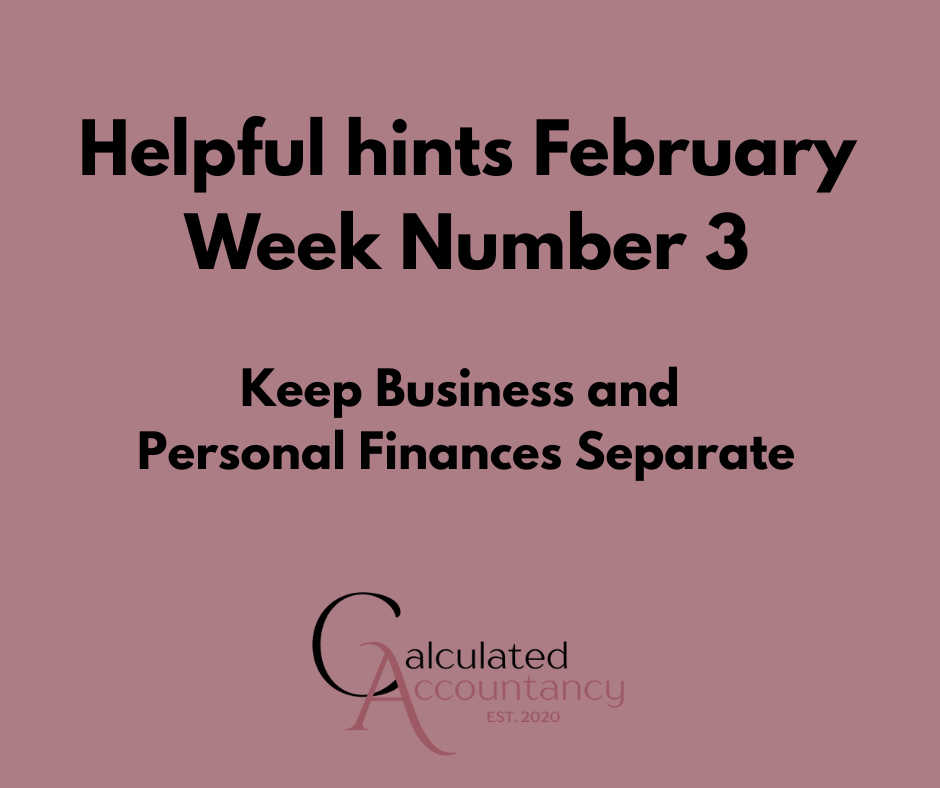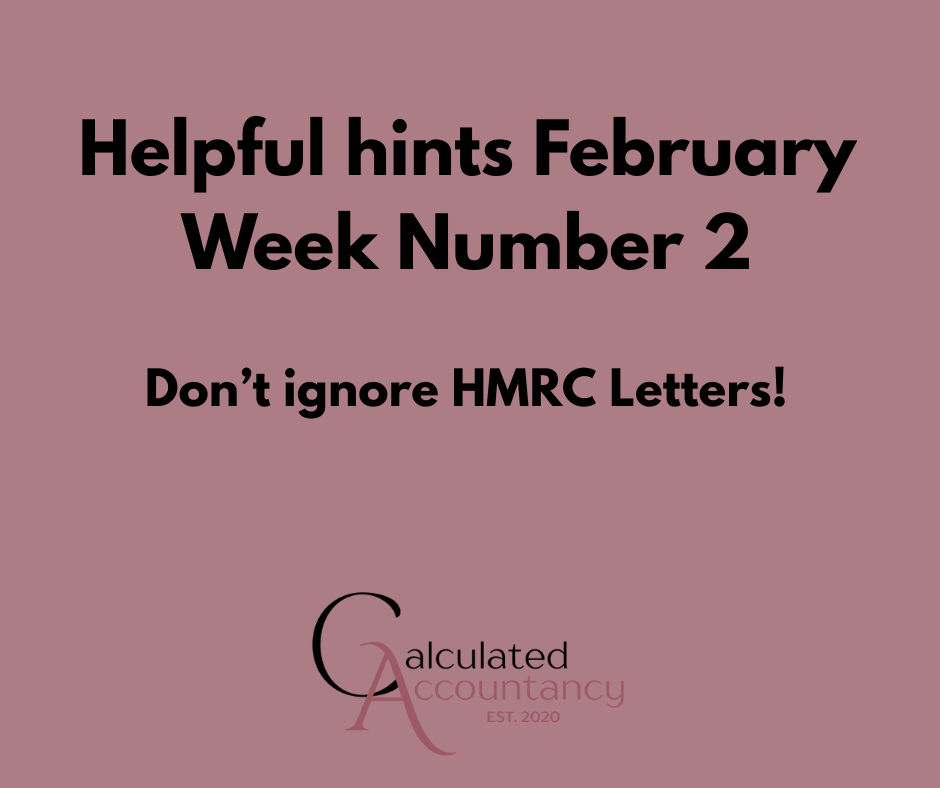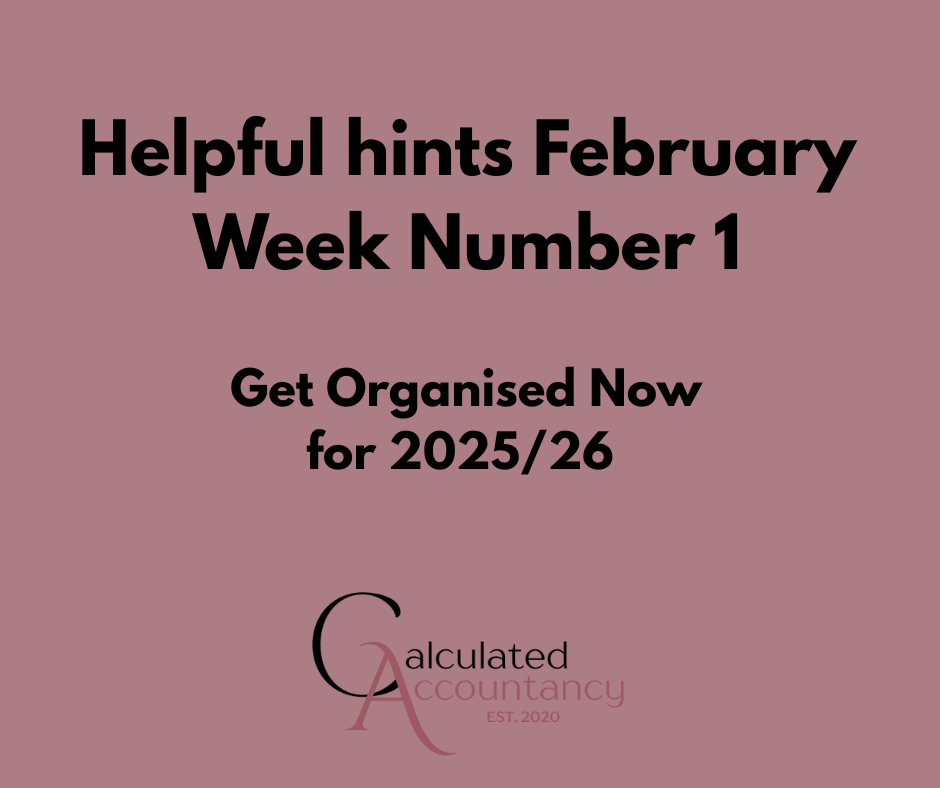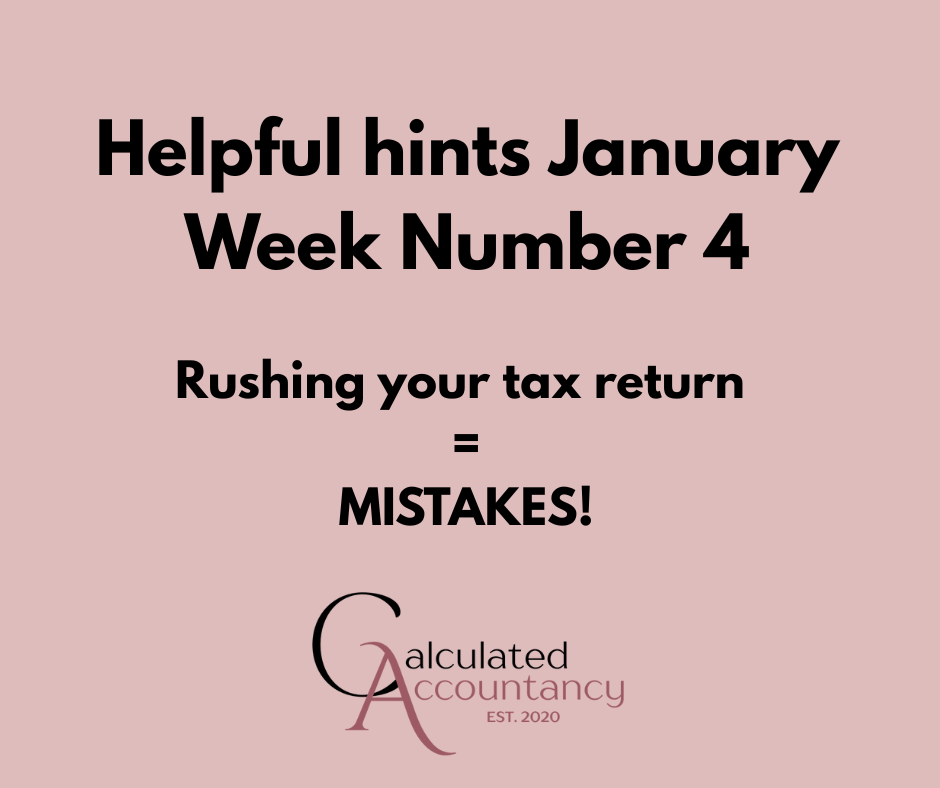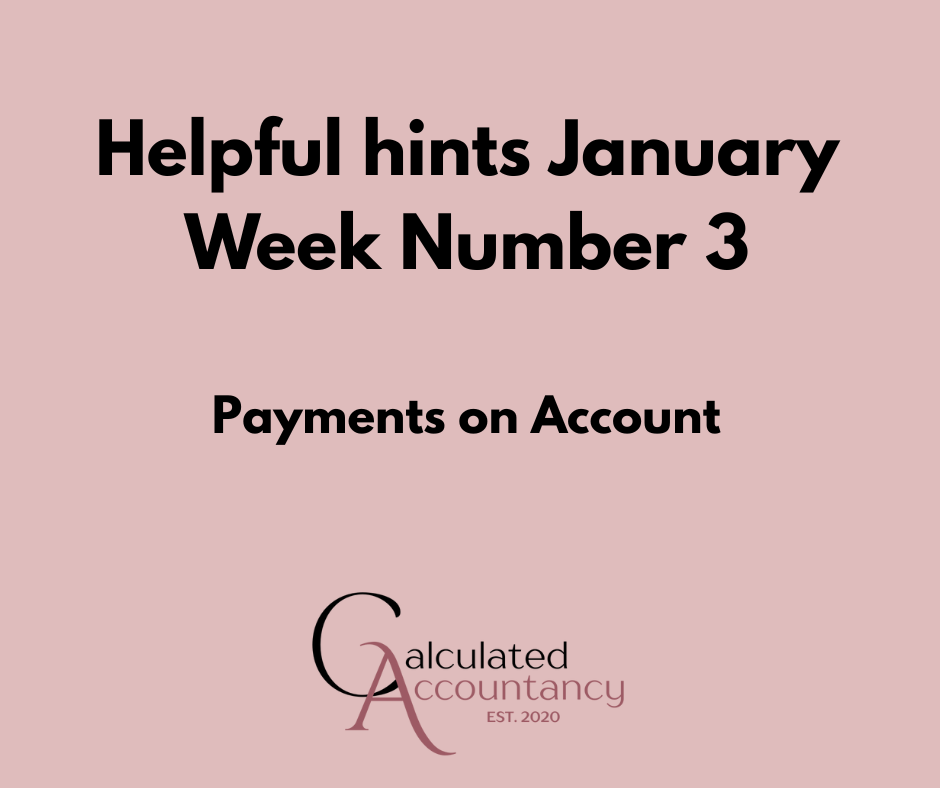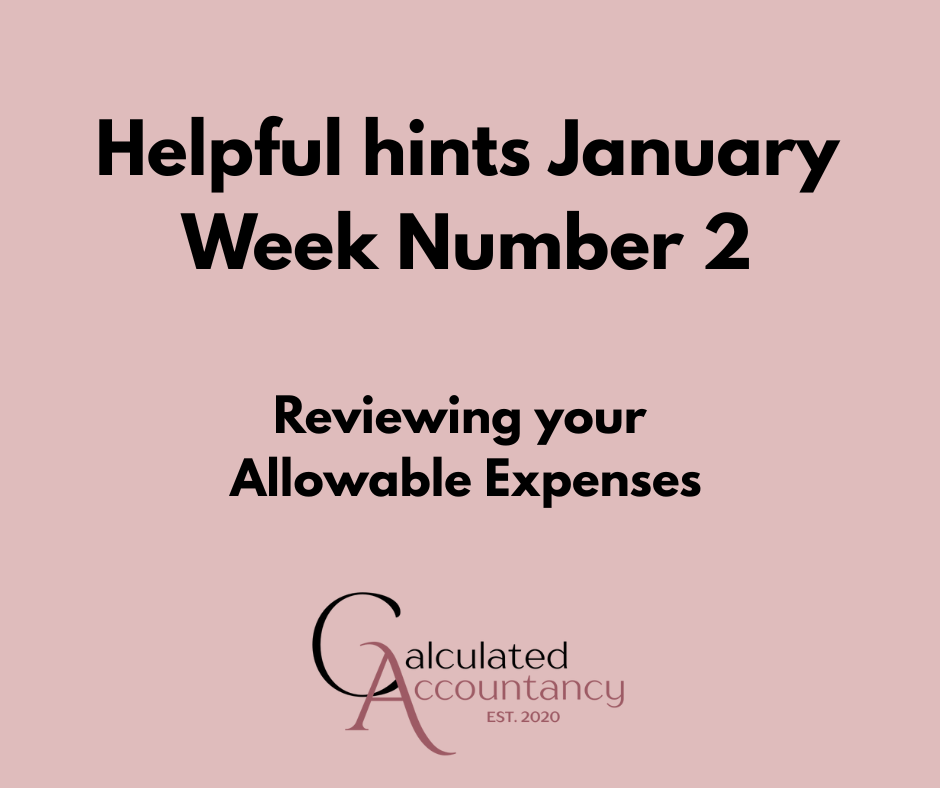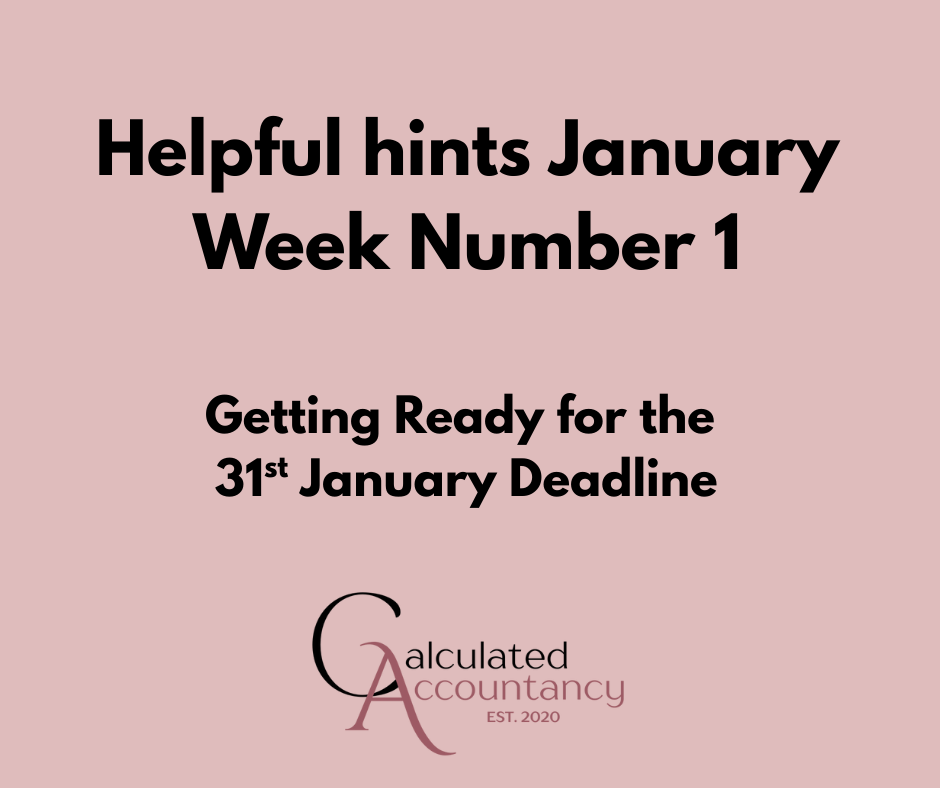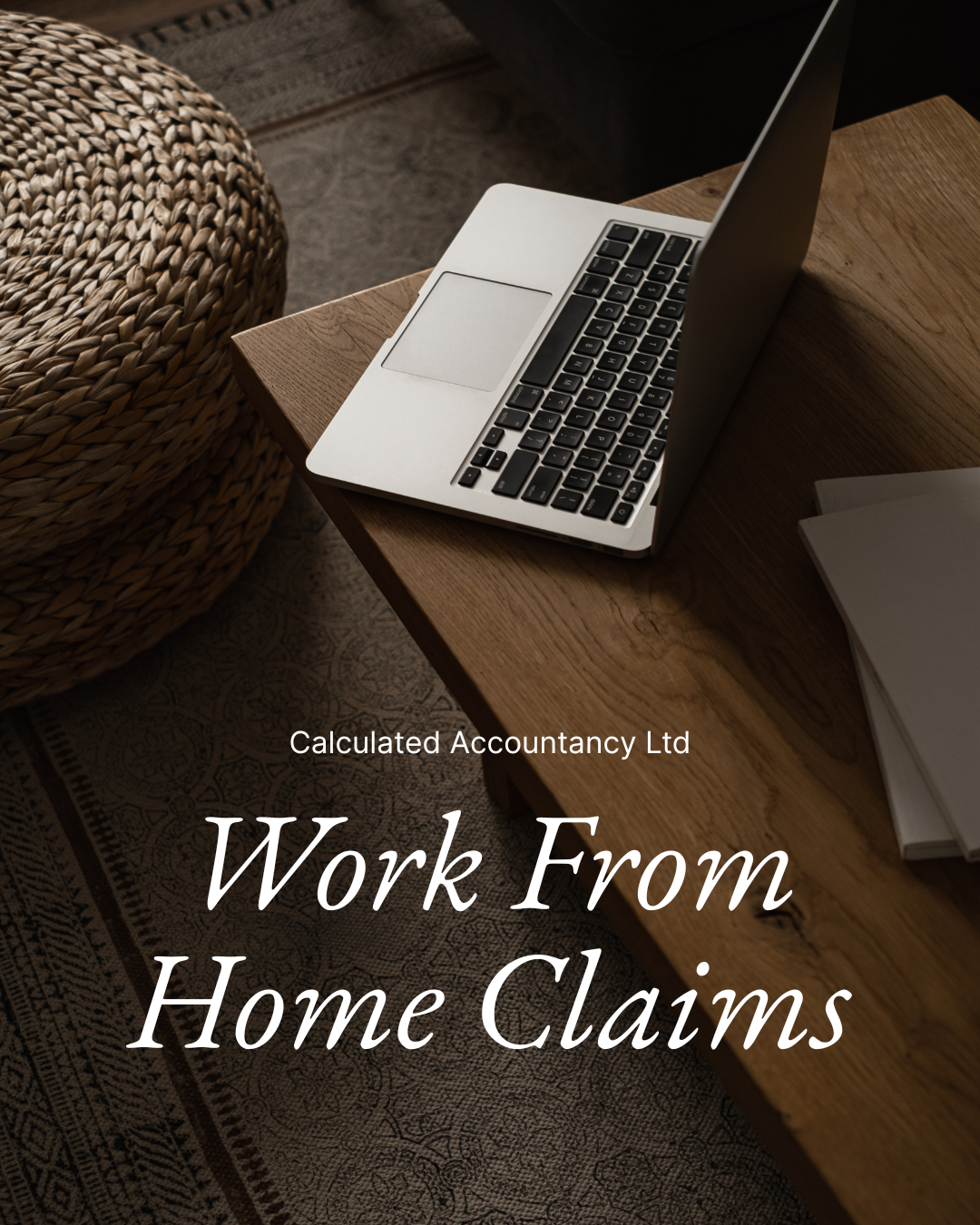Blog.
Accounts made easy.

Things to consider for the self-employed...

It's a serious myth that when self employed earn £30 for their service or product they pocket the £30. Some believe that those nail technicians who charge them £30 for a gel polish means they are earning £30 an hour.
How wrong are they...
Please be mindful that what I am going to advise is my opinion and will not by all means be fool proof to cover all your costs but it will go a long way to help and it will most definitely help you in the long run with your budgeting and hopefully planning....
Let's talk about Banking - As accountants we all know how important it is to have a separate bank for your business transactions. Although its not a requirement it makes life so much easier to see your business cashflow and means we can analyse the business spending without seeing all your personal life.
- Starling Bank (and a few others) now have a function to have a separate space for your money. Starling call them 'Spaces' others call them 'pots' or 'jars' whatever they are called, they are a great tool to save your money for your future.
Essential 'Spaces'.
- Income Tax - your first year for basic earners (Below £50k) I would say put aside 20% of everything you earn. This will cover all of your income tax plus some if not all of your National Insurance - you might also have leftovers. So your first 'Space' will be called TAX.
- Holiday cover - you should still earn while you're on holiday, everyone is entitled to paid leave so why are you different? My advice is to put aside 13% of your income to cover your holiday leave. Your second 'Space' is called HOLIDAY.
- Wages - If you want to take a salary and leave money in your account for product purchases, you should be paying yourself at least minimum wage each month. So your third 'Space' is called WAGES. This pot gets emptied every month to your personal account as your employer would pay you if you were employed. Don't worry you'll get the rest of your profits, if you end up with more money in your account and can afford to pay yourself more then up your wages per hour or leave it in the account and pay yourself a bonus at the end of the year.
- Pensions - Now I'm not a pension expert and I can't advise where to invest however your future is just as important as your present. If you were employed you are required to pay a minimum of 5% of your salary into a pension and your employer is required to pay 3% each month. Therefore to replicate this you should really be paying at least 8% of your earnings into your pension. So your last 'Space' is called PENSION. You should be setting aside minimum of 8% for your future.
- Lastly, I always say to my clients that the bank you use for business should always have funds, if you set aside an amount to leave in your account that you know will keep you going for at least 2 months should anything happen to you for example if you were sick. This amount is completely personal to you, but it means that you can sleep at night knowing you have a backup should anything to happen, such as being sick, or last minute cancellations.
So here's what a £30 service should look like...
Income £30
Tax -£6
Holiday Cover -£4
Wages -£10.50 (Current Minimum wage for those over 23)
Pension -£2.50
You are left with £7.
So out of your £30 service you have roughly £7 left for your overheads. Is that enough to cover your products, your insurance, your rent or travel costs (if you're mobile), does that cover your training costs and pay for your expertise?
A simple yet effective way to split your income to cover similarly to those who are employed...
If you would like more information or advice please feel free to pop us an email.
*This is not an exhaustive list and is not fool proof to cover all your tax. Please seek advice from your accountant on your personal circumstance.
